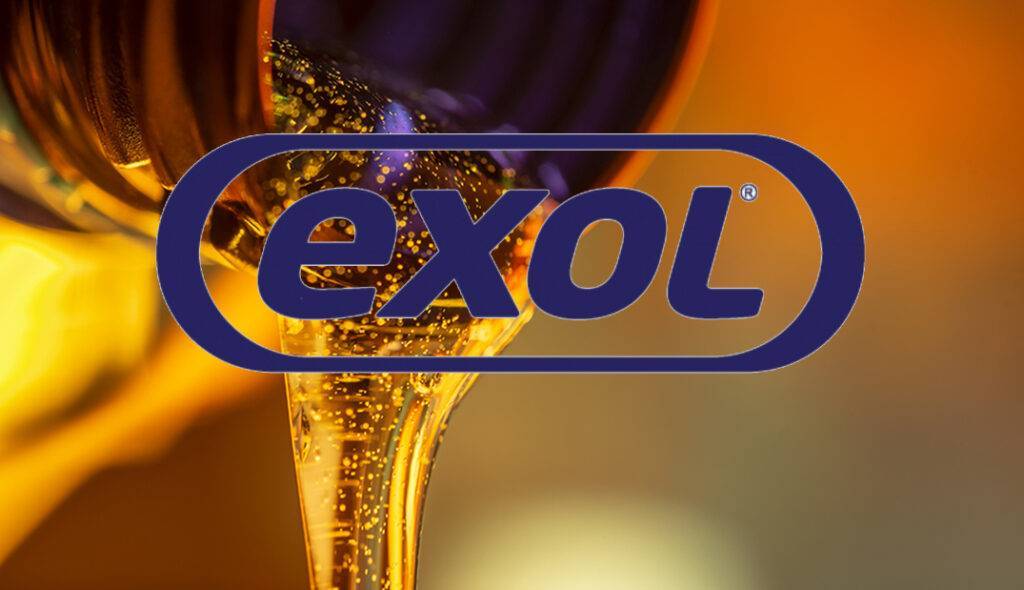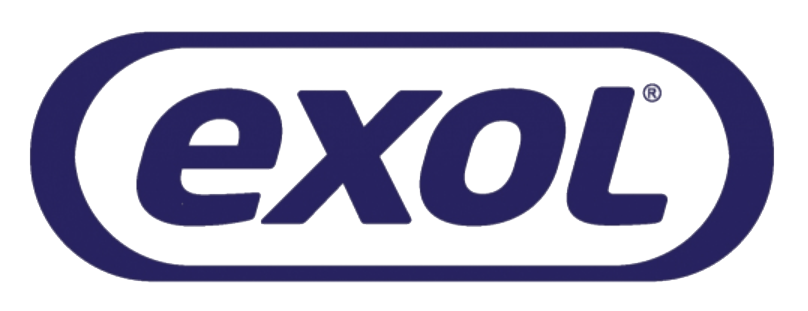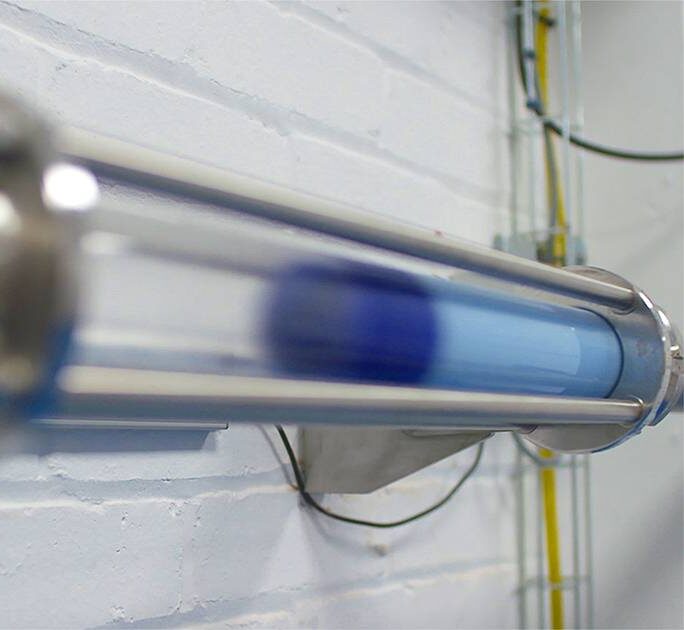
Product Recovery (Pigging) Case Study on Lubricants Manufacturing
How Multiple HPS Pigging Systems Are Reducing Waste by Recovering Prime Lubricant Oils at Exol Lubricants Rotherham Blending Plant.
Summary
- Exol Lubricants approached HPS to address significant product losses and wastage during lubricant transfers.
- HPS designed, implemented, and commissioned multiple advanced pigging systems at Exol’s Rotherham plant.
- The pigging systems drastically reduce product loss, decrease waste and minimise cross-contamination.
- In addition to reducing product loss, the pigging systems enhance operational efficiency and improve overall yields.
- The systems are fully automated, providing Exol with better control, reduced waste, enhanced safety, and increased productivity.
- By reducing waste and resources, pigging also helps towards Exol Lubricant’s environmental sustainability goals.
- Exol also benefits from HPS’s comprehensive support, including operator training and remote monitoring capabilities, ensuring long-term reliability and optimal performance of the systems.
ABOUT EXOL LUBRICANTS
Exol Lubricants is the UK’s largest independent lubricants company. Exol is renowned for producing a diverse range of high-quality lubricants and associated products for various sectors. These include industry, agriculture, transport, automotive and garage sectors.
lubricants and associated products for various sectors. These include industry, agriculture, transport, automotive and garage sectors.
The company operates from two key sites in Birmingham and Rotherham, where they blend, store, and dispatch lubricants for both bulk delivery and packaging.
Exol has built a solid reputation for its commitment to high-quality products, flexible service, fast delivery, and exceptional technical support.
This case study focuses on the Rotherham blending plant, where Exol faced significant challenges related to product cross-contamination and sought a solution to enhance operational efficiency and profitability.
PROJECT BACKGROUND
In 2021, Exol approached HPS to help solve some of the significant challenges brought on by the COVID-19 pandemic and disruptions in the lubricant industry. Like many other manufacturers, Exol was facing global shortages of essential base stocks, additives, and chemicals needed for lubricant production.
A key issue was the shortage of base oils—both mineral and synthetic—due to reduced production during the pandemic. These base oils, crucial components made from crude oil refining, are essential for making lubricants. With fewer vehicles on the road, refineries scaled back production, leading to a shortfall in base oil supply when economies reopened, which drove up lubricant costs worldwide.
At Exol’s Rotherham plant, these challenges were further intensified by the need to eliminate cross-contamination of lubricants during transfers between blending, storage, and loading operations. Their existing system offered limited control over the flow of lubricants. This inefficiency led to significant financial losses from the necessary procedures to facilitate high quality transfers.
To tackle these problems, Exol partnered with HPS to implement advanced, sustainable pigging technology. The goal was to minimise product loss, reduce waste, prevent cross-contamination, and improve overall efficiency in their lubricant production processes.
Simon Matthews, Product Development Manager at Exol commented,
“The reduction in waste from process streams is not only a financial responsibility but an environmental priority given the energy and CO2 emissions necessary to replace/reuse such losses.
“The need to move away from traditional pipelines and processes was essential for Exol Lubricants to increase not only production but to meet increasing demands on delivery times from our small pack filling lines”
Why Exol Lubricants Chose HPS as their Pigging Systems Provider
HPS Advanced Liquid Product Recovery Technology, also known as “pigging,” is an advanced, automated solution used by liquid product manufacturers to recover valuable products from pipelines for further processing, packaging, and sale.
There are numerous benefits to implementing pigging systems, including increased yields and capacity, reduced contamination risks, and enhanced environmental sustainability.
Exol Lubricants selected HPS due to their extensive experience and proven track record in implementing pigging systems across various industries, including lubricants. HPS’s ability to deliver tailored solutions, combined with their commitment to quality and customer support, made them the ideal partner for this project.
Additionally, HPS has established successful partnerships with prominent lubricant manufacturers such as Fuchs, Valvoline, and Tetrosyl, further underscoring their capability and credibility in the field.
Asked why Exol chose HPS, Simon Matthews commented,
“HPS had expertise in pigging systems for lubricants and other associated industries for the transfer of fluids efficiently between blending vessels, storage tanks and road tankers.”
The solution
HPS worked closely with Exol Lubricants to design, supply, implement, and commission a comprehensive pigging system, addressing significant inefficiencies in their process. Previously, when moving oil from storage tanks to tankers, a substantial amount of product was lost during the cleaning process, leading to significant waste.
The project involved the installation of three automated pigging lines:
Line 1 (2-inch) –This line is designed to move oil from storage to one of five tanker points. The oil is then transferred into vehicles that transport it to the Birmingham site.
Line 2 (3-inch) – This line moves oil to either one of the five tankers or to storage tanks. A three-way piggable diverter valve allows for seamless product diversion between tanker points and storage.
Line 3 (3-inch) – Unique in its design, this line moves oil from storage tanks to the tanker area and features two launch points for the pig, utilizing a three-way valve for flexibility in operations.
The project involved the installation of pigging equipment including hygienic (sanitary) pigs, piggable diverter valves, launch propellant valves, return propellant valves, ball valves, pig detectors and more, ensuring efficient and clean product recovery.
The control system, fully designed and implemented by HPS, manages the pigging system, pumps, and product transfer processes.
This system is operated via a centralized control panel, with remote HMI panels providing flexibility and convenience.
HPS also provided comprehensive training for the operators and maintenance staff, including an in-depth session at the HPS head office. To ensure ongoing support, HPS has remote access to the site.
By taking charge of the electrical work and pipework, HPS delivered a fully integrated and efficient solution, drastically reducing product waste and improving operational efficiency for Exol Lubricants.
The RESULTS
The primary goal of the pigging project was to reduce waste and minimize cross-contamination risks during the blending process. The newly installed pigging systems have been highly effective, recovering up to 99.5% of residual liquid from the pipes.
The three pigging systems have resulted in significant product savings by recovering valuable product that would otherwise be lost.
Waste has been significantly minimised, leading to a notable increase in yields. Instead of being flushed away, the recovered product can be reused, further boosting efficiency. Additionally, the risks of cross-contamination have been significantly lowered, reducing the need for rework and enhancing overall product quality.
Simon Matthews, commented:
“Since the initial commissioning, we’ve managed to recover process losses of up to 50,000 litres per day, with the streamlined process speeding up loading times by as much as 50%.”
Other benefits of the HPS pigging systems for Exol include reduced downtime for changeovers and cleaning, increasing plant capacity.
Choosing an automated pigging system has also enhanced safety and minimised the risk of human error by reducing the need for manual intervention.
The SCADA system links together both product transfer, volume control and delivery through accurate, mass flow meters to ensure full traceability of all process volumes between sites.
Summarizing the project,
“The pigging system project has been a success…… we are finding the systems easy to initiate with little training of staff due to full, touch screen automation. SCADA systems have been expanded to include pressure sensors, smaller loading to IBC’s, tank monitoring both raw materials and finished products allowing further future expansion of pigging across the site”.
When asked if he would recommend HPS to other companies, Simon replied:
“Yes definitely.”
FIND OUT MORE
To improve the efficiency and effectiveness of your liquid processing, contact HPS pigging experts today!
Explore our wide range of pigging system case studies on our website to see how companies like yours are benefiting from our solutions.
